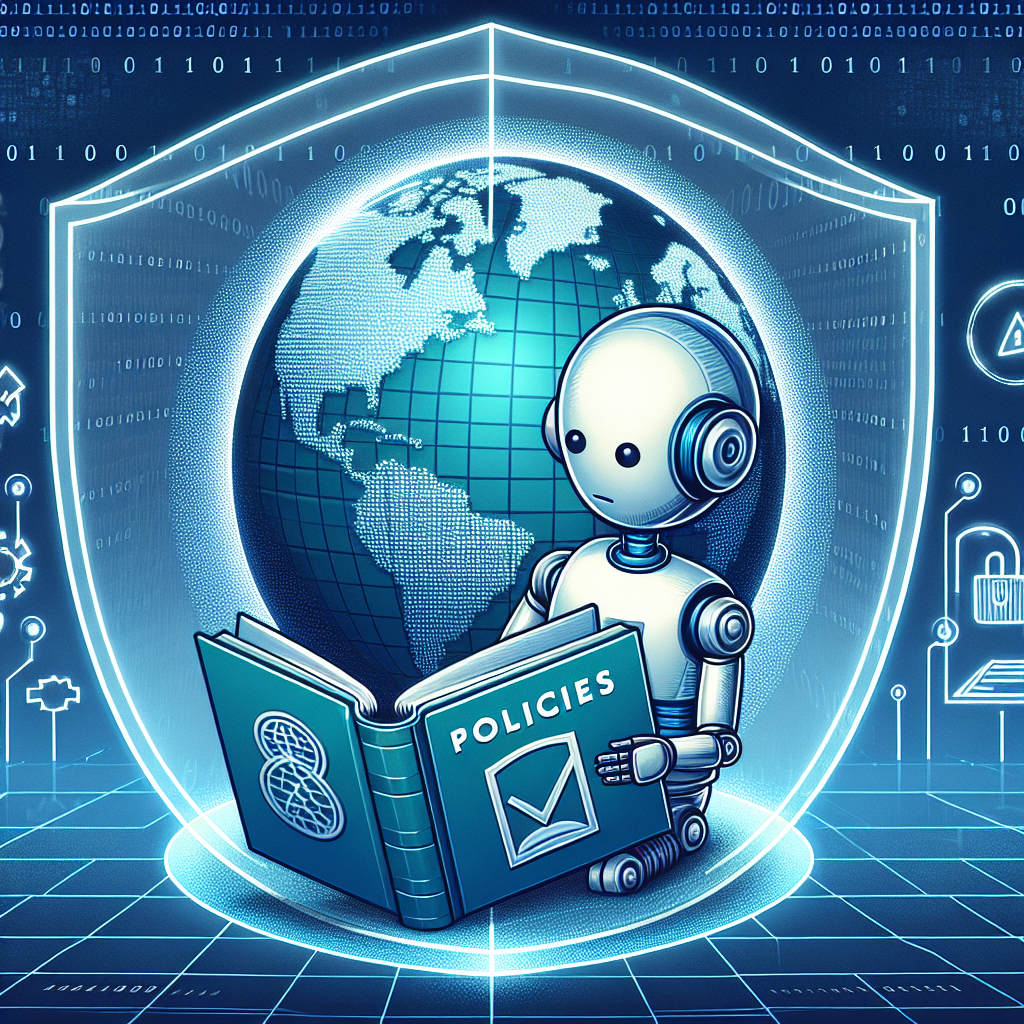In today’s digital age, children are spending more and more time online. From social media to online gaming, the internet has become an integral part of their daily lives. However, with this increased online presence comes the need for robust privacy policies to protect children from potential risks and dangers.
Artificial intelligence (AI) has emerged as a powerful tool in shaping privacy policies for children online. With its ability to analyze vast amounts of data and identify patterns and trends, AI can help organizations better understand how children interact online and tailor their privacy policies accordingly.
One of the key ways AI is shaping privacy policies for children online is through data protection. AI algorithms can analyze user data to identify potential privacy risks and vulnerabilities. By identifying these risks, organizations can take steps to mitigate them and protect children’s personal information from falling into the wrong hands.
AI can also help organizations comply with various privacy regulations and guidelines, such as the Children’s Online Privacy Protection Act (COPPA) in the United States. By using AI to automatically scan websites and apps for potential violations of COPPA, organizations can ensure that they are in compliance with the law and protect children’s privacy rights.
Another way AI is shaping privacy policies for children online is through content moderation. With the vast amount of content being posted online every day, it can be challenging to monitor and filter out inappropriate or harmful content. AI algorithms can help automate this process by flagging potentially harmful content and taking action to remove it from the platform.
Furthermore, AI can be used to enhance parental controls and monitoring tools. By analyzing children’s online behavior, AI can help parents better understand how their children are using the internet and identify potential risks or dangers. This information can then be used to implement more effective parental controls and monitoring tools to keep children safe online.
Despite the many benefits of AI in shaping privacy policies for children online, there are also concerns about the potential risks and ethical implications of using AI in this context. For example, there is the risk of AI algorithms making biased or discriminatory decisions when analyzing data, which could lead to privacy violations or other harmful outcomes for children.
To address these concerns, organizations must ensure that they are using AI responsibly and ethically when shaping privacy policies for children online. This includes regularly auditing and monitoring AI algorithms to ensure they are making fair and unbiased decisions, as well as being transparent about how AI is being used to shape privacy policies.
In conclusion, AI plays a crucial role in shaping privacy policies for children online. From data protection to content moderation to parental controls, AI can help organizations better understand and address the unique privacy challenges that children face in the digital age. By using AI responsibly and ethically, organizations can create a safer and more secure online environment for children to explore and learn.
FAQs:
1. What is the role of AI in shaping privacy policies for children online?
AI plays a crucial role in shaping privacy policies for children online by helping organizations analyze user data, identify potential privacy risks, comply with privacy regulations, monitor content, and enhance parental controls and monitoring tools.
2. How can AI help protect children’s personal information online?
AI algorithms can analyze user data to identify potential privacy risks and vulnerabilities, helping organizations take steps to protect children’s personal information from falling into the wrong hands.
3. What are some concerns about using AI in shaping privacy policies for children online?
Some concerns about using AI in shaping privacy policies for children online include the risk of biased or discriminatory decisions, as well as the ethical implications of using AI to monitor and filter out content.
4. How can organizations ensure they are using AI responsibly and ethically in shaping privacy policies for children online?
Organizations can ensure they are using AI responsibly and ethically by regularly auditing and monitoring AI algorithms, being transparent about how AI is being used, and taking steps to address any potential biases or ethical concerns.
5. What are some best practices for using AI in shaping privacy policies for children online?
Some best practices for using AI in shaping privacy policies for children online include ensuring transparency, regularly auditing and monitoring AI algorithms, addressing potential biases, and complying with privacy regulations and guidelines such as COPPA.

